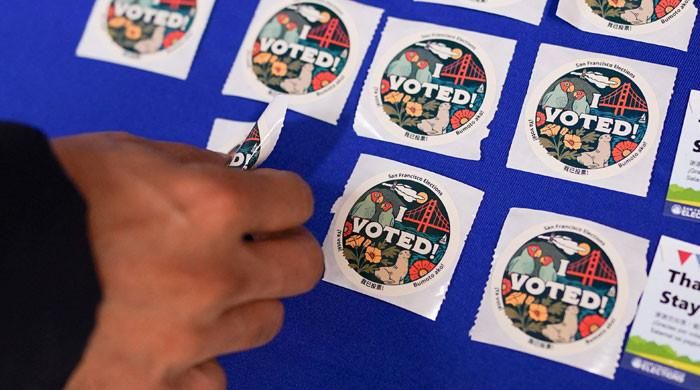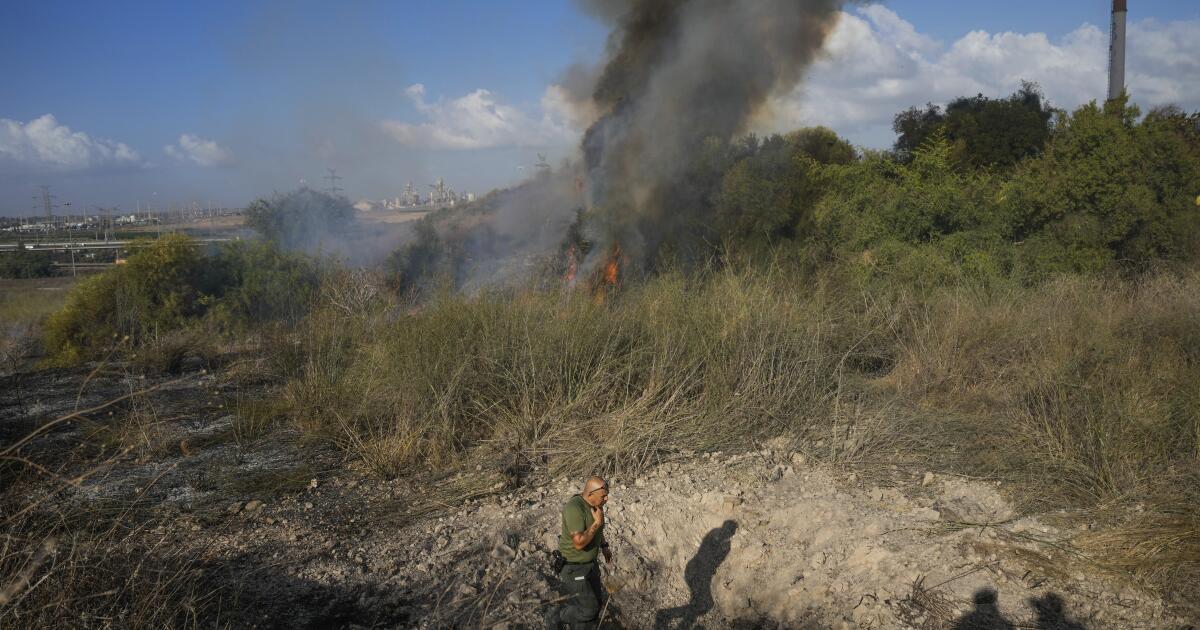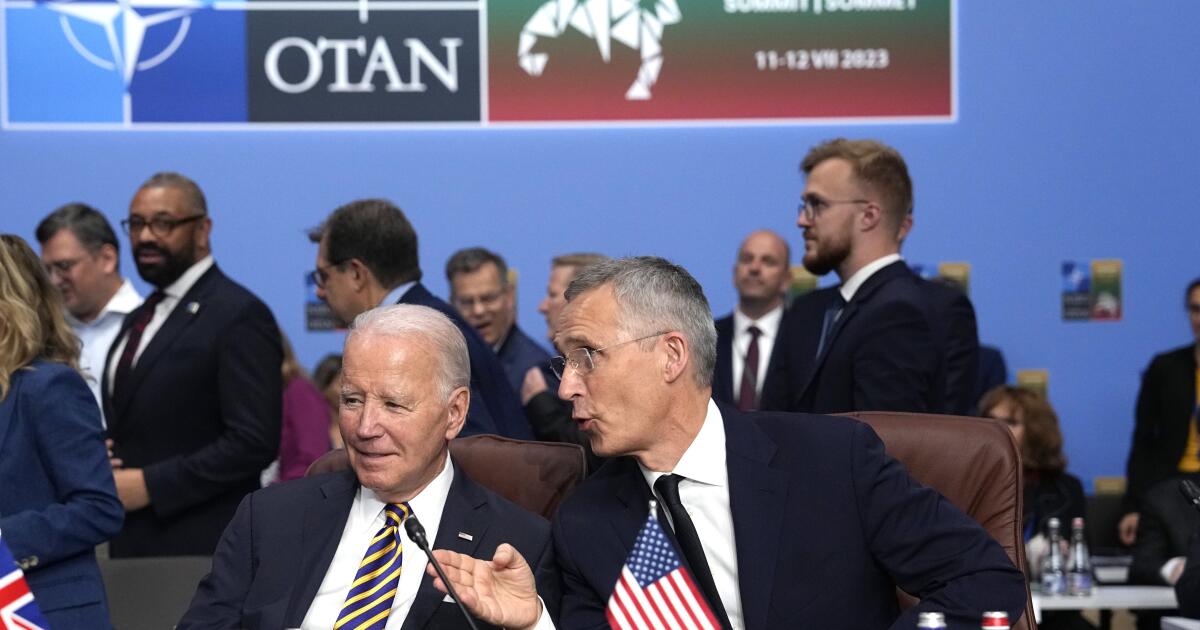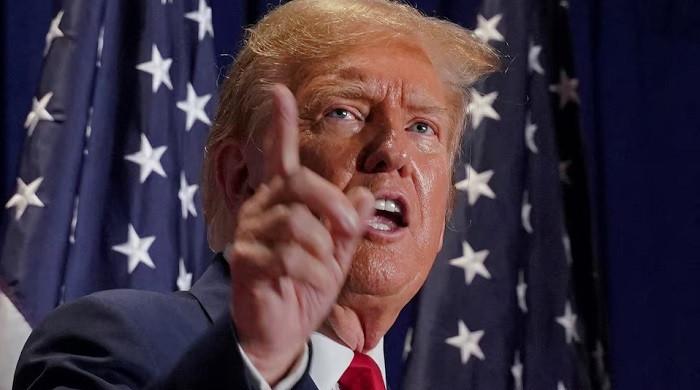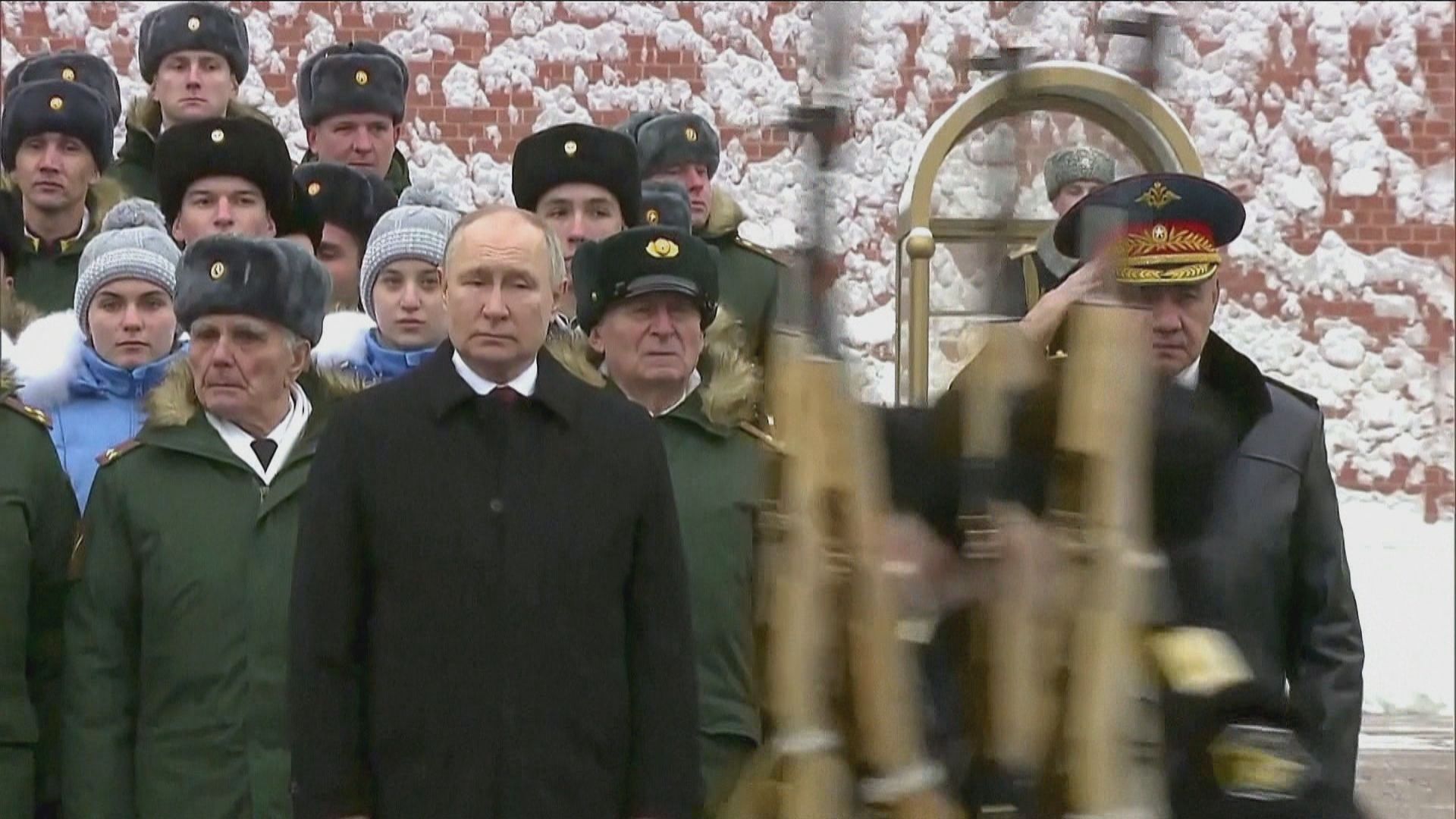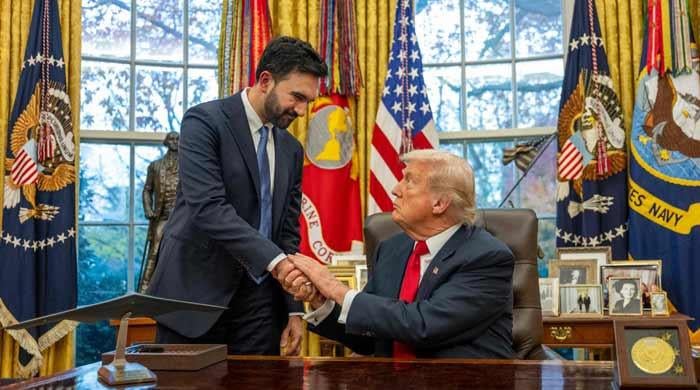Trump won eight states in 2016 and nearly every Republican presidential nominating contest this year.
The phrase “Super Tuesday” has been making headlines in the United States for the past week, but why is Tuesday talked about so much and why do people look forward to it?
According CBS NewsSuper Tuesday, March 5, is when the largest number of states will hold presidential primaries or caucuses. More than a third of all delegates available for the Republican and Democratic nominations are at stake on Super Tuesday.
President Joe Biden leads the Democratic nomination without any major primary challenge, while former President Donald Trump leads former United Nations Ambassador Nikki Haley in the race for the Republican nomination.
While Republicans are concerned that Trump faces federal and state charges in Washington, Florida, New York and Georgia, and the number of trials is still unknown, Democratic concerns include Biden's age, his handling of the conflict between Israel and Hamas and voter apathy.
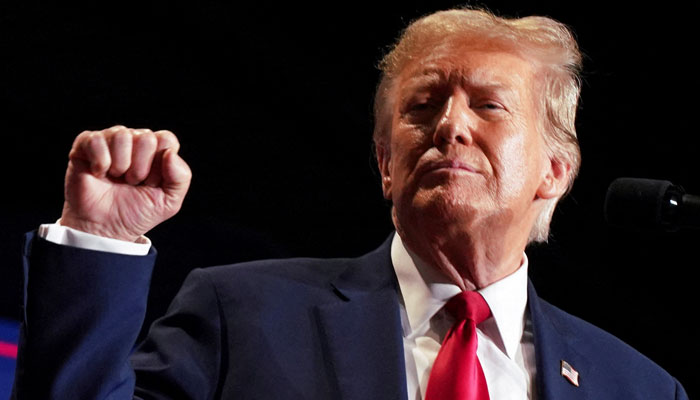
How Super Tuesday works
Registered voters in 15 states, including Alabama, Arkansas, California, Colorado, Maine, Massachusetts, Minnesota, North Carolina, Oklahoma, Tennessee, Texas, Vermont and Virginia, will vote on March 5.
Additionally, Alaska and Utah will hold caucuses.
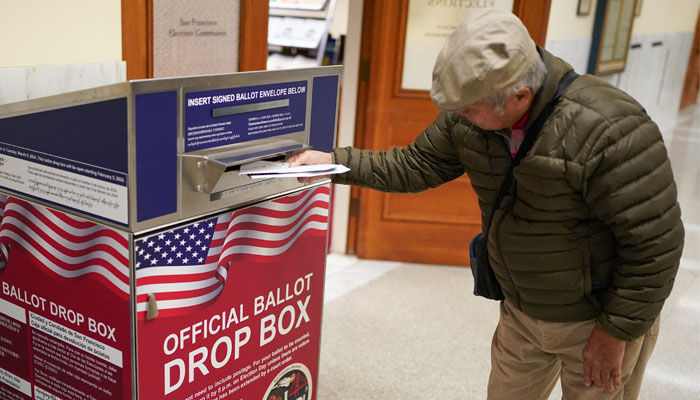
Of these 15 Republican primaries, 11 are open to more than just registered Republicans.
Trump won eight states in 2016 and nearly every GOP presidential election this year, losing only the D.C. Republican primary to Haley, demonstrating his dominance in the race.
The Democratic primaries will be held in the same states, except Alaska and American Samoa. By contrast, the Iowa caucuses were held by mail in January and results are expected to be released Tuesday.
Why 'Super Tuesday'?
It's called Super Tuesday because there are more delegates at stake on March 5 than on any other date during the primary campaign.
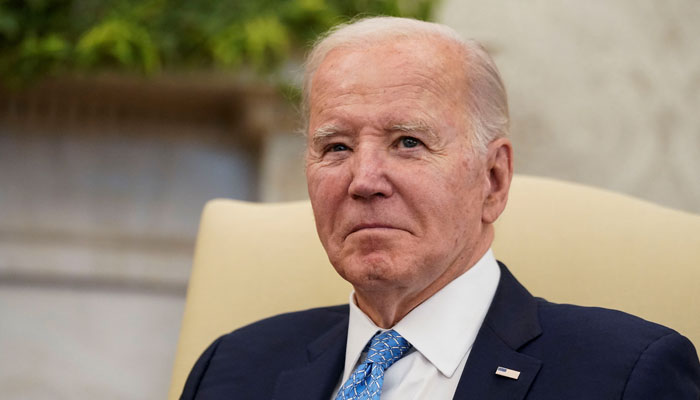
The winner of the Republican presidential nomination must collect 1,215 delegates, as 865 Republican delegates will be allocated.
Tuesday's Democratic primary will allocate 1,420 delegates, and 1,968 will be needed for the nomination.

